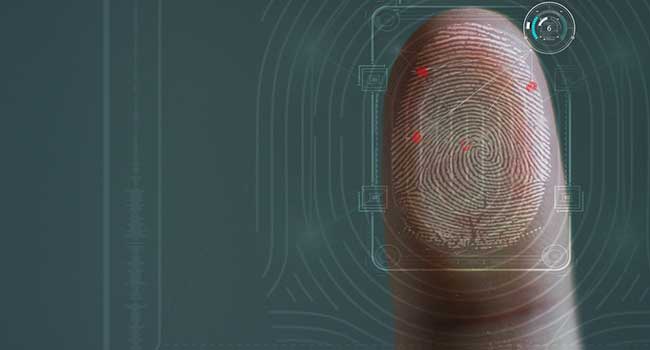
Court's Biometrics Ruling Poses Risk to Technology Companies
The Supreme Court of Illinois ruled Six Flags Great America collected a boy's thumbprint without proper consent.
- By Sydny Shepard
- Jan 30, 2019
The Supreme Court of Illinois on Friday ruled that an amusement park must pay damages to a boy for collecting his thumbprint without proper consent. The decision in the closely-watched case opens the door for the possibility of huge payouts in related cases against technology companies whose face-scanning policies breached a state law known as the Biometric Information Privacy Act.
In the Six Flags Great America case, a mother named Stacey Rosenbach filed a lawsuit upon learning the amusement park scanned and stored her son's thumbprint as part of its annual pass program. The case soon became a key test of the law, known as BIPA. The crucial issue is whether a person must show they suffered actual harm when a company collects biometrics without permission, or if its enough to just show that the act took place.
In a 7-0 ruling, the Illinois court agreed with Rosenbach that the purpose of the law, which provides for a $1,000 to $5,000 penalty, is to deter companies misusing consumers' biometrics. This meant Rosenbach's son counts as an "aggrieved person" in the language of BIPA.
This ruling comes as a blow to companies like Facebook and Google who are also currently tangled in BIPA lawsuits of their own. In the case of Facebook, consumers are claiming the social network scanned their faces without permission as part of a feature to "tag" friends, and in the case of Google, part of a facial recognition service for Google Photos.
Today, a number of other BIPA lawsuits are hanging in the balance against companies like SnapChat and Shutterfly. The cases seem to divide themselves into those claiming illegal face-scanning and those claiming their fingerprints or thumbprints were taken without permission.
About the Author
Sydny Shepard is the Executive Editor of Campus Security & Life Safety.